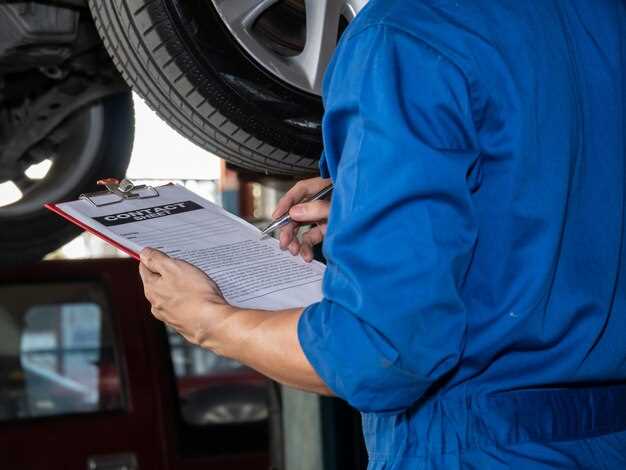
For Toyota owners, regular maintenance is essential to ensure the longevity and safety of your vehicle. One of the most critical aspects of vehicle maintenance is the condition of your brakes. Ignoring brake issues can lead to severe consequences, not just for your car but also for your safety and that of others on the road. It’s crucial to recognize the warning signs indicating that your Toyota may be due for a brake inspection.
Pay attention to any unusual sounds, such as squealing or grinding, when applying the brakes. These noises are often indicative of worn brake pads or other components needing immediate attention. Additionally, if you notice a change in your braking performance, such as a longer stopping distance or a spongy brake pedal, it may be time to seek a professional inspection. Understanding the vital signs of brake trouble can not only enhance your Toyota’s performance but also prevent more costly repairs down the line.
Regular brake inspections are a key part of your Toyota’s maintenance routine. This proactive approach helps keep you and your passengers safe, ensuring that your vehicle performs at its best. Recognizing these signs early will lead to timely repairs, allowing you to enjoy a smooth and secure driving experience. Don’t wait until it’s too late; be vigilant and prioritize the care of your brakes.
Unusual Noises While Braking

Listening for unusual sounds during braking is crucial for your Toyota’s maintenance. If you hear squeaking, squealing, or noises, it indicates that your brake components may be wearing out or require immediate attention.
Squeaking sounds often point to worn brake pads, which have built-in indicators that make noise when the pads are thin. On the other hand, a grinding noise usually suggests that the pads have completely worn out, and the metal backing is making contact with the rotor, causing damage.
Timely inspection can prevent further complications and ensure your Toyota remains safe on the road. If you notice any of these sounds, it’s essential to schedule a brake inspection with a qualified technician to assess the situation and provide the necessary repairs.
Increased Stopping Distance
One of the key indicators that your Toyota requires a brake inspection is an increased stopping distance. This means that your vehicle takes longer to come to a complete stop, which can significantly compromise your safety on the road.
Several factors can contribute to this situation:
- Worn Brake Pads: Over time, brake pads wear down and lose their effectiveness. This reduces the friction needed to slow down your vehicle.
- Leaking Brake Fluid: Low or contaminated brake fluid can lead to diminished brake performance. Regular maintenance is crucial to ensure that the brake system functions efficiently.
- Damaged Rotors: Warped or worn rotors can affect how evenly the brakes clamp down, resulting in longer stopping distances.
- Faulty Calipers: If the calipers are not functioning correctly, they may not apply sufficient pressure to the brake pads, leading to inadequate stopping power.
- Tire Condition: Poor tire health can also affect stopping distance. Worn tires reduce traction and can increase braking distance significantly.
It is essential to pay attention to changes in your vehicle’s stopping distance. If you notice that you need to apply the brakes harder or for longer periods to stop your Toyota, seeking a professional brake inspection is advisable. Regular maintenance of your brakes not only ensures safety but also prolongs the lifespan of your braking system.
Dashboard Warning Lights Related to Brakes

Dashboard warning lights play a crucial role in monitoring the health of your vehicle’s braking system. When it comes to brakes, several indicators may illuminate, signaling the need for immediate maintenance. One of the most common lights is the brake warning light, which typically appears as an exclamation mark inside a circle or a “BRAKE” label. This light can indicate various issues, including low brake fluid levels, worn brake pads, or problems within the anti-lock braking system (ABS).
Another important warning light is the ABS indicator, which signifies potential malfunctions in the anti-lock braking system. If this light comes on, it means the ABS is disabled, affecting your vehicle’s ability to prevent wheel lock-up during sudden stops. Addressing this issue promptly is essential to ensure maximum safety while driving.
It’s also vital to pay attention to the parking brake light. If this light remains illuminated after you have released the parking brake, it could indicate that the brake fluid is low or that there’s a malfunction in the braking system. Regular checks of the brake fluid level can prevent larger issues down the line.
Lastly, if you notice any unusual warning lights related to the brakes, it’s crucial to schedule a thorough inspection. Ignoring these dashboard indicators can lead to severe braking issues, compromising your safety and the performance of your Toyota.
